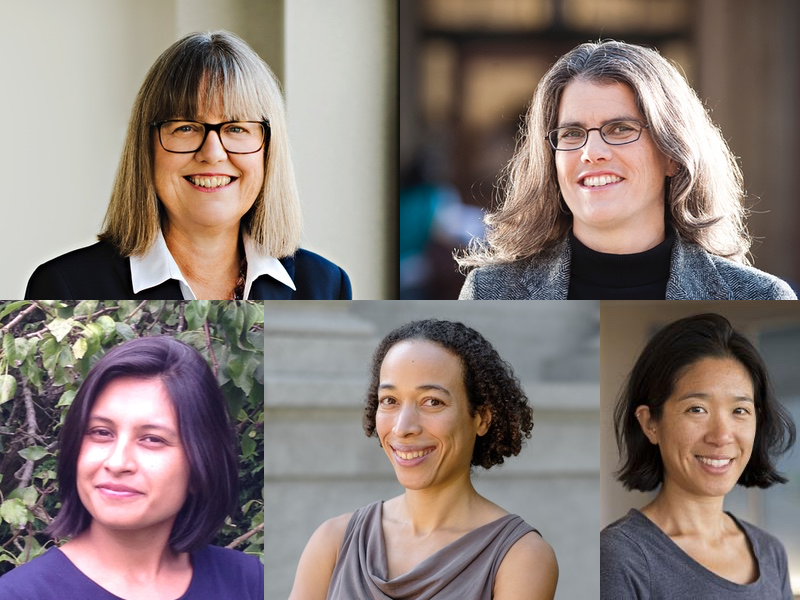Issue of October 29, 2021
eds: Heather Flewelling, Nicolle Zellner, Maria Patterson, Jeremy Bailin, and Alessandra Aloisi
[We hope you all are taking care of yourselves and each other. --eds.]
This week's issues:
1. Early stages of the COVID-19 pandemic penalised women in academia
2. White House Seeks Ideas for Advancing Equity in Science
3. Astro2020 Decadal Survey to be released November 4
4. Women’s Professional STEM Societies Rethink Gender Diversity
5. A Perspective on the James Webb Space Telescope
7. How to Submit to the AASWOMEN newsletter
8. How to Subscribe or Unsubscribe to the AASWOMEN newsletter
An online version of this newsletter will be available at http://womeninastronomy.blogspot.com/ at 3:00 PM ET every Friday.










